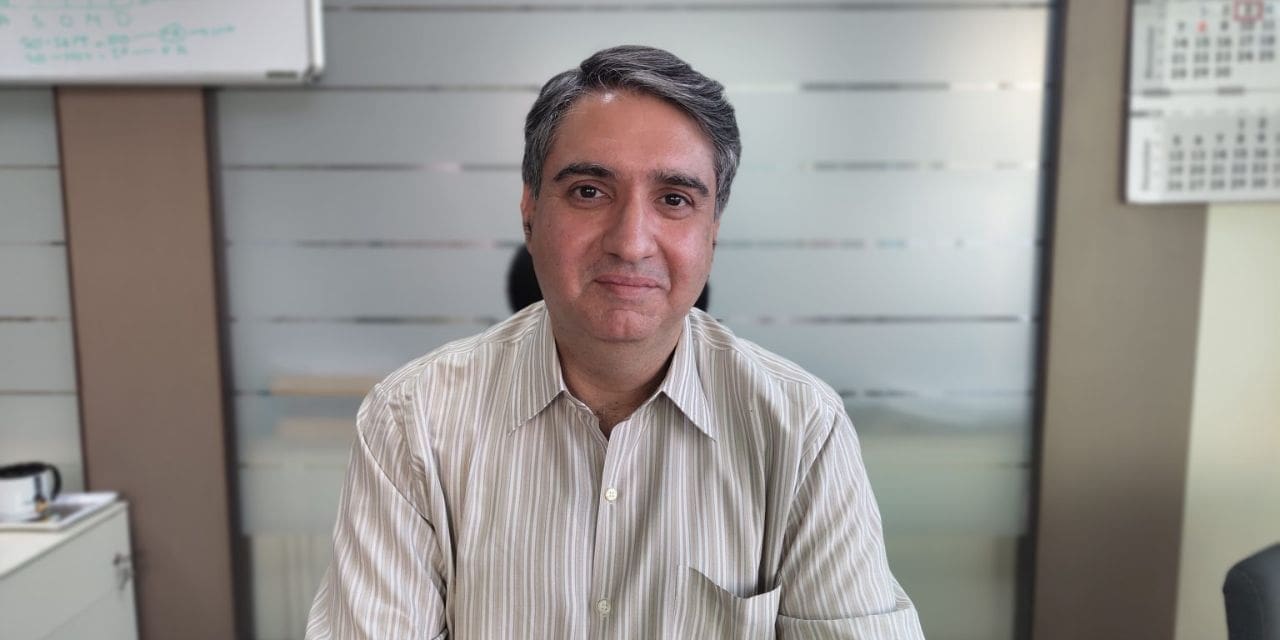The largest forklift truck manufacturer in India is Godrej Material Handling. They produce a wide variety of forklifts, including warehouse trucks, customised trucks for certain uses, and electric and diesel counterbalanced forklifts with a capacity of up to 16 tonnes. In addition to providing accessories created by experts, the company also designs and produces accessories to handle a variety of handling applications. The Head of Sales & Marketing at Godrej Material Handling, Neville Mevawala, talks with Divya Shetty about the importance of material handling in the textile sector and clarifies current trends.
How does the material handling equipment industry contribute to the growth and efficiency of the textile industry?
One of the most ancient sectors of the Indian economy, the textile industry has a long history. One of the main employers in the nation and one that required a lot of labour in the past was the textile sector. The growth of the textile industry’s scale and technology made India competitive on a worldwide scale, which prompted an increase in mechanisation for the effective handling of materials. Material handling technology has helped to speed up the movement of materials inside factories, warehouses, and during shipments, from handling cotton to ginning to spinning, dying, and weaving. It improved production and made it easier and safer to handle material. Forklift trucks and other material handling machinery allowed for the efficient use of up to 6 metres of vertical space.
What specific types of material handling equipment are commonly used in the textile industry, and how do they facilitate various processes?
Diesel forklifts and tow trucks were utilised by the textile industry for a variety of tasks, including ginning, spinning, weaving, and dispatching. With the use of a bale clamp attachment, the industry has gradually shifted to electric (battery) forklift trucks with a 3 tonne capacity, which makes it easier to handle pallets and bales. As cotton is inflammable, the battery equipment decreases the likelihood of fire and eliminates smoke particles. The cheaper cost of operation and maintenance associated with electric forklifts is another benefit. We have been offering our equipment to all of the domestic textile businesses.
Multiple trollies are being towed by tow vehicles as they transport cargo throughout the plant grounds.
What are some key challenges faced by the material handling equipment industry when catering to the unique requirements of the textile industry?
The flooring in the older textile plants were not ideal for battery forklifts. However, modern infrastructure is being built in new facilities, making battery-powered trucks an attractive alternative to diesel trucks. Long distance movement, pushing bales while stuffing them, outside roadways inside the business, and paving a problem for battery trucks are the challenges encountered. However, the development of battery truck technology—which includes AC motors, wider tyre diameters, longer battery runs, and a variety of safety measures like Blue and Red lights for pedestrian safety—has made it easier to overcome these difficulties.
How can Godrej MHE set itself apart from rivals when offering the textile industry specialised material handling solutions?
We have focused on the textile business because it has been a significant driver of our sales. Our recently introduced UNO series’ locally built AC motors and gearbox enable greater load capacities at greater heights, as well as making it easier to provide greater capacity to pick bales for loading and unloading. We are the only provider of higher capacity batteries for higher duty cycles, avoiding the need for additional batteries, which present a safety risk during replacement. Our battery-powered BRAVO series 3-wheel and 4-wheel trucks can manoeuvre through narrow aisles and deliver performance on par with diesel vehicles. The biometric access system makes sure that lift trucks aren’t being driven without permission during odd-hour shifts, when the risk of accidents is the highest.
Reach Trucks, a new product from Godrej Material Handling, can stack materials up to 12 metres high using only a 3.5-meter aisle. For finished goods and garments, this is highly useful.
Our first tow vehicle is introduced exclusively to serve the North’s textile sector. It has evolved as the preferred option for the Indian textile sector over the years based on feedback collected. In addition to our products, our after-sales assistance in the form of spare parts and maintenance agreements guarantees high uptime to prevent any production loss brought on by unforeseen breakdowns.

